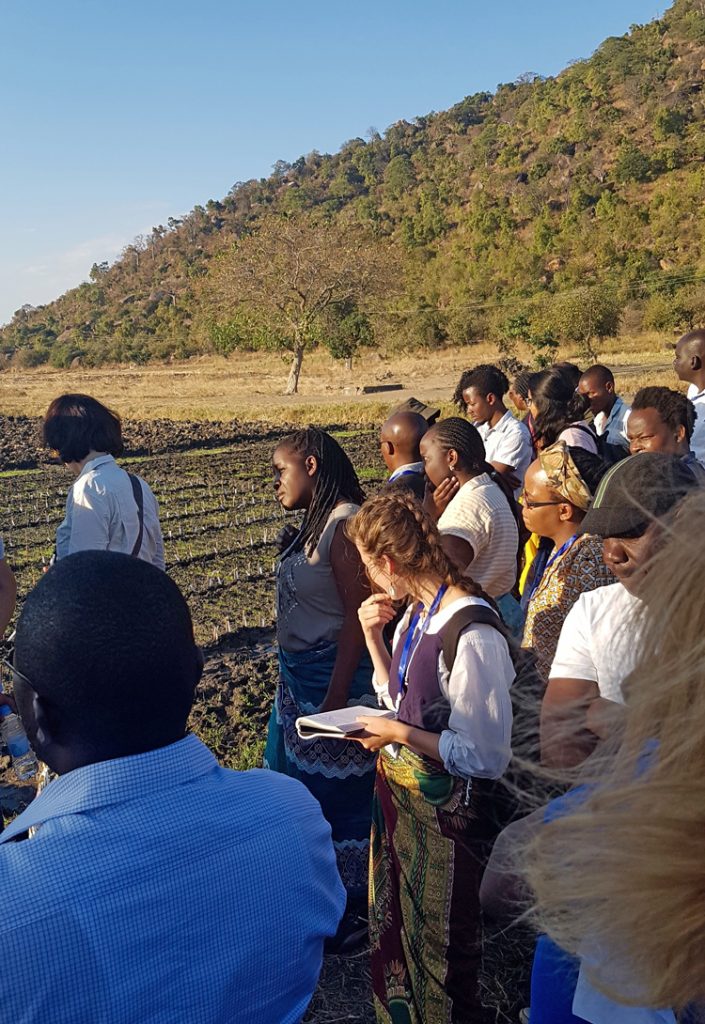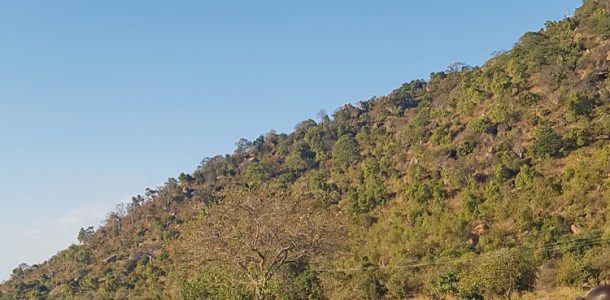Henry Hunga
The preparations towards the first Summer School started way back in January 2019. I had just joined the BRECcIA project team in Malawi and was still grasping the detail. This was like getting back into research after a considerable time in extension and outreach. Ideas kept floating on the content of the summer school and the level of detail and complexity. Finally the agreement was to go for a completely field based summer school. On the first weekend of July 2019 Early Career Researchers started arriving in the winter season of Southern Africa. Basics, methodologies, guidelines and norms were shared on the first day. This was the beginning of putting into perspective what had been my routine work at the Ministry of Agriculture.
 We have often used Focus Group Discussion, Key Informant Interviews and at times questionnaires to collect field data for designing new projects and/or rolling out of new ones. This helped with my transitioning from experimenting on-farm or station to social sciences, working with the agents that need to use the scientific research. Appropriate methodologies were mastered and found the rightful place in social science research. This made it easier to blend the methodologies for the Small Research Projects that were being developed alongside the Summer School. It cemented the belief that working together as a team within and across countries is the best approach to managing the impacts of climate change amidst our smallholder farmers. Looking at these impacts from different disciplines offers diversified solutions to the farming household challenges ranging from food and water security, markets, inputs, education for children, health, etc.
We have often used Focus Group Discussion, Key Informant Interviews and at times questionnaires to collect field data for designing new projects and/or rolling out of new ones. This helped with my transitioning from experimenting on-farm or station to social sciences, working with the agents that need to use the scientific research. Appropriate methodologies were mastered and found the rightful place in social science research. This made it easier to blend the methodologies for the Small Research Projects that were being developed alongside the Summer School. It cemented the belief that working together as a team within and across countries is the best approach to managing the impacts of climate change amidst our smallholder farmers. Looking at these impacts from different disciplines offers diversified solutions to the farming household challenges ranging from food and water security, markets, inputs, education for children, health, etc.
The multi-discipline multi-country blend brought cross-country and cross-sectoral learning and sharing of knowledge and skills. Colleagues were able to blend in the cultural diversity of Malawi from putting on rappers to eating the staple meal of Nsima and local chicken to enjoying and joining the traditional dances. Language was never a barrier as efforts were made to translate the discussion for the benefit of all. The trust and commitment from the villagers was overwhelming and often the energiser to the whole activity. Even the villages enjoyed the diversity of the Early Career Researchers, which to them could bring some new insights from the different countries present. Hearing how fellow farmers have managed the impacts of climate variability in the other project countries showed the similarities of the problems at hand and the need to share such knowledge, be it scientific or indigenous.
Giving feedback to the farmers was great and capped the week’s efforts. They also shared their thoughts on the whole process, which is an invaluable input into the next Summer School. I hope we will continue from where we left off in Malawi in the upcoming school.

